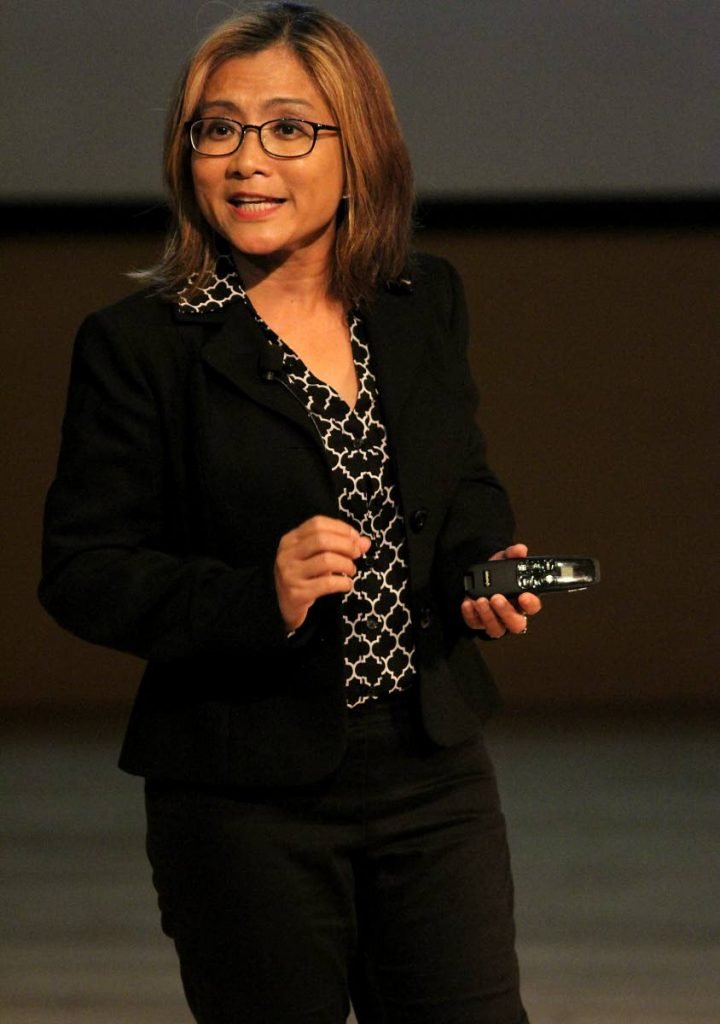Human trafficking ‘industry’ worth over US$150 billion

TYRELL GITTENS
THE human trafficking industry is worth over US$150 billion and is responsible for the enslavement of an estimated 150 million people globally. These were the alarming figures revealed by renowned human-trafficking activist and survivor Shandra Woworuntu on Saturday. She was speaking at a human trafficking symposium hosted by the UWI St Augustine Campus.
Appointed to the US advisory council on human trafficking in 2015 by then US president Barack Obama, Woworuntu has turned her experiences as a human trafficking victim into a lifelong mission to help combat the global issue.
At the symposium she said, “If you don’t get involved and ignore it, you are part of the problem.” This as she called on people to learn more about the issue and be vigilant to potential signs of trafficking. Such warning signs can include children not attending school and being confined to their houses for prolonged periods of time.
“Your curiosity will help and be part of the solution.”
Commending TT’s efforts at tackling the issue, which includes signing the global Palermo Human Trafficking Convention 2001, she noted further collaborations between NGOS, media, private entities and communities can broaden the effort.
In 2001, Woworuntu fled political and economic instability in Indonesia seeking a better life in the US. Upon her arrival in New York, she was kidnapped and sold into the underground sex market for several months before escaping.
“What I saw was a beautiful country. It was my dream to move to the US and get a job.” This came as she warned people to scrutinise job offers found online, particularly in foreign countries. Even in this absence of uncertainty, people are encouraged to check with the country’s labour and immigration officials to verify the legitimacy of such opportunities.
“We cannot solely depend on our government, we have to act by educating our children, families and communities.” This came as she lamented, “This is happening somewhere out there. We all deserve humanity, freedom, respect and dignity.”
Founding the globally recognised Mentari Human Trafficking Survivor Empowerment Programme which helps survivors reintegrate into society, Woworuntu notes that this is still an area that needs progress.
Adeola Young of UWI’s Institute for Gender and Development Studies said, “Human trafficking is a huge reality in our country and its evils must be addressed.” Young said Saturday’s symposium was part of larger series by UWI aimed at educating the public on the issue. Noting that TT has made progress over the past several years by developing the Trafficking in Persons Act, creating a counter-trafficking unit and amending the Child Marriage Act, she said there is still a long way to go.


Comments
"Human trafficking ‘industry’ worth over US$150 billion"